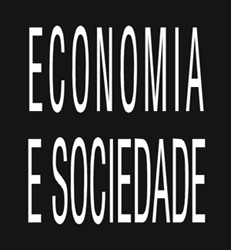This paper analyzes some recent characteristics of the regulatory mainframe of the international food markets, mainly the public regulations - which were set up during the creation of the World Trade Organization (WTO) multilateral agreements - and the private norms, which are set up by several private companies. It discusses economic, social and technological factors have brought about new regulatory tools, and also caused an increased strictness of the technical standards related to food quality and safety. The commercial success of the chains of production in the international food markets depends more on their technological and organizational resources and on the efficiency of their governance. The economic and social impacts of this new food market environment on the production chains in developing countries can be positive or negative. The outcome depends on their economic capacities and on their ease of access to the above mentioned resources.
Food regulations; Food safety; International food market; Private norms; SPS agreement




